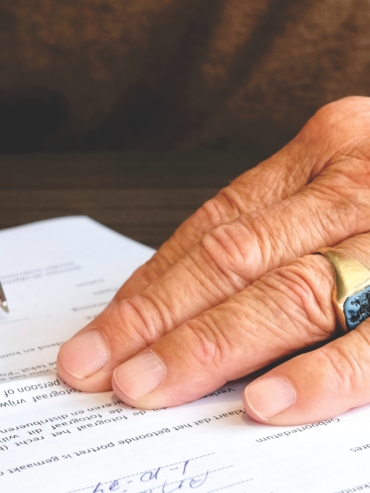Medicaid Assistance

What is Medicaid Planning:
A simple but good question. There are two components of Medicaid Planning. The first is to select the best care; It’s imperative that the quality of life and quality of care of the elder always comes first. Once a good care plan is established, the second hurdle is protecting the assets for the elder.
Many people believe that 100% of the assets must be used to pay for care, but this is simply untrue. There are many exceptions to this rule. The following questions and answers should assist you in addressing these issues with your Elder Law attorney.
How Will I Know If Nursing Home Care Is Really a Risk for Me?:
It is a fact that 24% of 65 year olds are expected to spend a year or more in a nursing home, while 19% will spend less than a year in a nursing home. That means that for over 53% of 65 year olds, nursing home care really is a risk.
In Chicagoland, typical nursing home care costs are approximately $8,000 per month or approximately $96,000 per year.
Doesn’t Medicare Cover Nursing Home Costs?:
Unfortunately, Medicare is more of an insurance program for hospitals and physicians; it is not long-term care insurance. Medicare only covers up to 100 days of skilled nursing facility care if the elder meets certain requirements. These requirements include:
- The elder must have moved to the nursing home within 30 days of a hospital discharge;
- The hospital stay must have lasted at least three nights;
- The elder must receive a skilled level of care.
Medicare pays entirely for the first 20 days and for 21 days though 100, everything above a co-insurance payment which fluctuates each year, but is currently in 2014 of $152 per day and in 2015, will be raised to $157.50 per day.
The co-insurance payment is generally covered by Medicare supplemental insurance. Despite such coverage, the average Medicare patient in a nursing home receives little over 20 days of Medicare coverage. Very often, without fully understanding the documents they sign, the patient or family waives rights to Medicare coverage by signing documents provided to them by the nursing home.
Do I Have to Give up My Home to Qualify for Medicaid Coverage?:
It is possible for you to keep your home, or at least keep your home in the family and simultaneously qualify for Medicaid coverage. Generally however, if the home is in your probate estate at the end of your life, the state may have the right to recover whatever it has spent on your care.
Elder Law Attorneys:
Our Practices
Guardianship
The position of being legally responsible for the care of someone who is unable to manage their own affairs
Medicaid Assistance
Medicaid planning consists of selecting the best care, ensuring quality of life and protecting the assets for the elder
Elder Abuse And Exploitation
We have extensive experience in sensitively handling various types of abuse and exploitation cases
Living Trusts
Living Trusts have several advantages over Wills, like avoiding probate and guardianship, maintaining liquidity,
Nursing Home Contracts
Contracts can be confusing and some nursing homes even request illegal or unfair conditions
Probate
Probate is the process by which the Probate Court identifies a decedent’s heirs and determines the validity
Special Needs Planning
Special needs planning involves planning for a child or adult with disabilities to ensure eligibility for

